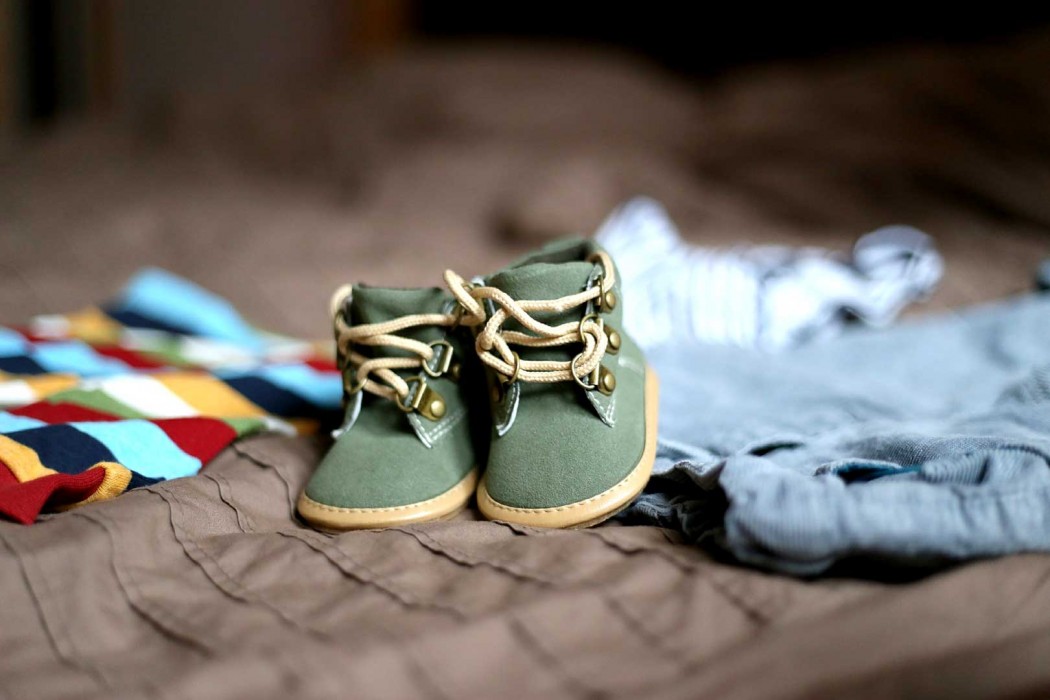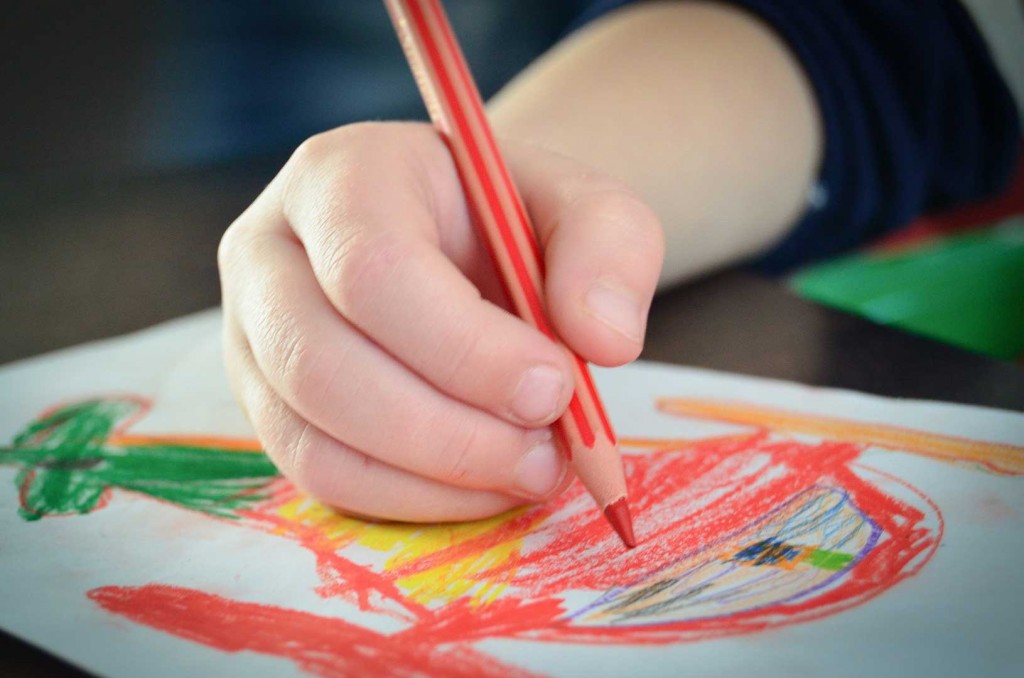An autism diagnosis doesn’t have to prevent your child from enjoying the usual pleasures of childhood—games, time with friends, and learning about the surrounding world. Indeed, the capabilities of a child with autism are heavily dependent on that child’s environment. A child whose family takes the time to help her feel normal, to teach her about the surrounding world, and to make learning fun will do much better than a child whose family believes autism dooms a child to an abnormal life. The right activities can mean a big boost in brain development, not to mention a chance for your child to feel like every other kid.
Sensory Play
Kids love experiencing the world around them, and kids with autism are no different. Autism causes some kids to tune in more to the material world, which means that sensory play is a great way to tap into your child’s native talents. Try building a “sensory table” that offers stimulation for all five senses – a small radio that plays music, perfumes and oils to smell, lotions to play with, and items of varying textures, colors, and shapes. Choose age-appropriate items that won’t harm your child if they get into his eyes, mouth, or nose, and be sure to stock up on your child’s favorites.
Puzzles and Blocks
Many children with autism have a special knack for solving puzzles. Capitalize on this ability by providing your child with a variety of puzzles of different difficulty levels. You can build upon her interest in puzzles by also offering blocks of various sizes and shapes. Not only do puzzles and blocks give your child a chance to indulge her unique gifts. They can also help her master spatial reasoning. And for children who have a tendency to get stuck in repetitive behaviors, puzzles and blocks provide a healthy outlet.
Arts and Crafts
Arts and crafts expand your child’s mind while offering him the sort of sensory stimulation many kids with autism crave. Keep your house stocked up on glitter, markers, finger paint, stickers, and items that can be glued onto paper. Don’t limit yourself to store-bought crafts, either. Twigs, feathers, and other items you find outside can make great craft projects.
Show your child how to use these items, but then let him decide how best to assemble his projects. Kids with autism are highly creative, so don’t stifle their unique gifts by forcing them to make the project you want. Instead, stand back and allow yourself to be awed by the creations your little one dreams up on his own.
Stories and Reading
Reading to your child may be the single best predictor of her academic success, even if she has autism. It’s challenging for kids with autism to relate to others, but reading can make it a bit easier. Try giving your child puppets and acting out stories together, or asking her to give you her own interpretation of her favorite story. The key here is to get her thinking about others’ feelings, not to ensure she gets the story “right,” so encourage lots of creativity, and don’t shy away from alternative interpretations of a beloved tale.
Making Activities Autism-Friendly
No activity should be off limits to your child just because he has autism. Indeed, encouraging your child to participate in “normal” activities can help him master the skills he needs to have a successful adult life. You may need to make some minor adjustments, though, particularly when activities require social skills. Watch your child to discover areas in which he’s struggling, then consider modifying family activities so your child can easily participate. Kids with autism thrive when they feel accepted, so set up a household where your child feels like he can do anything anyone else can.

